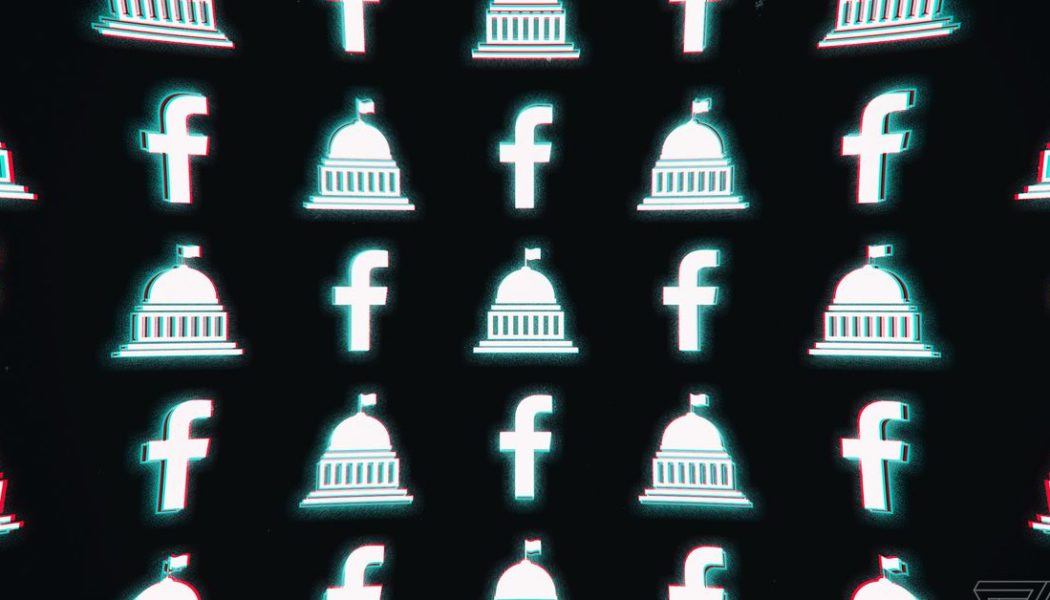
Texas is one step closer to enacting a law that would make it more difficult for social media companies to moderate political content. Both Texas’ House and Senate approved the bill earlier this week, sending it to Gov. Greg Abbott’s desk.
The bill would make it unlawful for social media companies with more than 50 million users, like Facebook and Twitter, to censor users and content based on political views or geographic location. This includes moderation actions like banning, deplatforming, or demonetizing users and removing posts.
The bill initially failed in a special session earlier this year when Democrats fled the state to stall the passage of controversial partisan bills, including measures to ban abortions once a fetal heartbeat is detected and new voting restrictions. The social media “censorship” bill was revived in July in a second special session. It was approved in the House on Monday and the Senate late Tuesday evening.
It’s unclear when Abbott may sign the bill. His office did not immediately respond to requests for comment from The Verge.
Texas is the second state to push through a bill aimed at combating the alleged censorship of conservatives online. In May, Florida Gov. Ron DeSantis signed a similar measure that would fine platforms for banning political candidates. The law was blocked by a Florida US District Court judge in June. The judge wrote that much of the bill’s text was “wholly at odds with accepted constitutional principles.”
The Texas bill could face a similar fate, according to experts. “While the language in Texas’s bill is different, the outcome will be the same because the First Amendment protects against government intrusion into editorial discretion,” Ari Cohn, TechFreedom counsel, said in a statement Wednesday.
The bill was widely opposed by Democrats, but many did not attend the vote as they protested other controversial measures led by Republicans.









